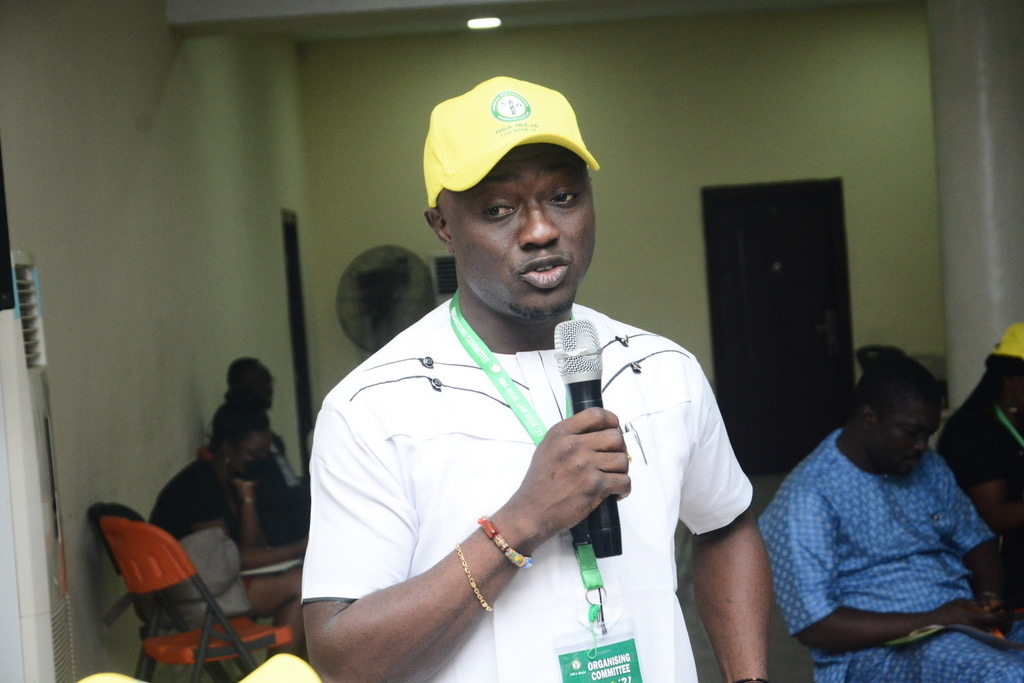
In recent years, the call for reform and justice has been voiced with increasing urgency and passion. The 2020 End SARS protests, while driven by a powerful demand for change, unfortunately culminated in violence and loss. This reminds us of the critical need for peaceful and constructive engagement. As we move forward, it is imperative to adopt methods of protest that foster dialogue and positively influence change without escalating into conflicts that could destabilize the country.
Peaceful protest is a fundamental democratic right and an effective means of advocating for change. To achieve this, it is essential to plan and execute protests with a focus on non-violence, respect for public order, and the well-being of all participants.
Bamofin states that the clear objectives of a protest are crucial. Ensuring that the goals of the protest are clearly defined and communicated is essential. A well-articulated agenda helps in focusing the message and engaging stakeholders in meaningful discussions. Working with local authorities and community leaders to facilitate a safe and orderly protest is also important. Coordination with these entities helps in securing necessary permits and ensures that the protest is conducted in designated areas.

Employing non-violent methods of expression, such as peaceful marches, sit-ins, and public forums, is key. Various media channels should be used to clearly communicate the purpose of the protest, the expected outcomes, and any relevant details. Transparency builds trust and helps in garnering public support.
The tragic events of the End SARS protests serve as a stark reminder of the consequences that can arise when protests escalate into violence. It is crucial to learn from these experiences and actively work to prevent similar outcomes. By prioritizing peaceful methods and constructive dialogue, we can honor the spirit of the protest while ensuring that it remains a force for positive change rather than conflict.
In summary, peaceful protests are not just a right but a responsibility. By approaching them with clarity, coordination, and a commitment to non-violence, we can ensure that our voices are heard and our demands are met constructively. Bamofin Adetunji Akinyemi (MHRIR) advises: Let us move forward with a focus on unity and dialogue, ensuring that our quest for justice leads to meaningful and positive change.







